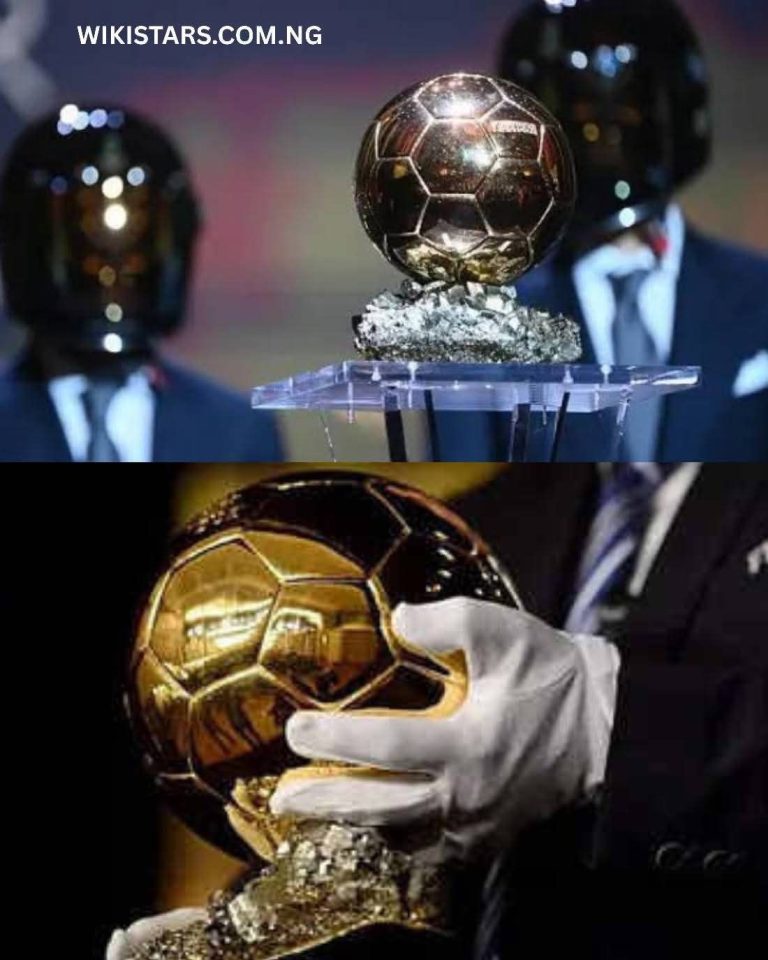1. Rising to the Top: Narendra Modi’s Unmatched Approval
In 2025, Prime Minister Narendra Modi of India remains the most popular world leader, topping global approval polls with ratings around 75–77%. His leadership enjoys strong support domestically, largely credited to ambitious infrastructure projects, welfare programs aimed at rural communities, and his continued influence in international affairs.

2. Close Contenders: Mexico, Argentina, and Switzerland
Trailing Modi are leaders like Claudia Sheinbaum of Mexico (≈ 66–69% approval) and Javier Milei of Argentina (≈ 62–65%), both recognized for their bold political agendas and recent electoral legitimacy. Switzerland’s president, Karin Keller-Sutter, also ranks among the top, praised for stability, governance, and pragmatic leadership style.
3. Mid-Tier Leaders: Public Opinion Divided
Other leaders fall into a mixed category. For example, Donald Trump, now serving again as U.S. President, has approval ratings around the low 50% range in recent global tracker polls. While some of his base remains loyal, public opinion remains sharply divided. Leaders like Australia’s Anthony Albanese also show moderate support, though often with larger disapproval margins or neutral segments in surveys.
4. Declining Popularity: Western Leaders Under Scrutiny
Some Western leaders have relatively low approval ratings in 2025. Issues such as economic performance, inflation, immigration, and handling of domestic crises are cited by pollsters as contributing factors to lower public satisfaction. For example, in surveys covering G7 countries and others, several leaders find themselves under 40-50% approval, with substantial portions of their population disapproving or indifferent.
5. What Drives Popularity—and What Threatens It
High popularity generally correlates with visible policy successes—improvements in infrastructure, social programs, or handling crises—as well as effective communication and media presence. Cultural alignment, nationalistic sentiment, and personal charisma also play important roles. On the flip side, leaders face threats to approval from economic downturns, perceptions of corruption, policy backfires, or loss of public trust. For globally loved leaders, sustaining popularity means balancing performance with genuine public engagement.





